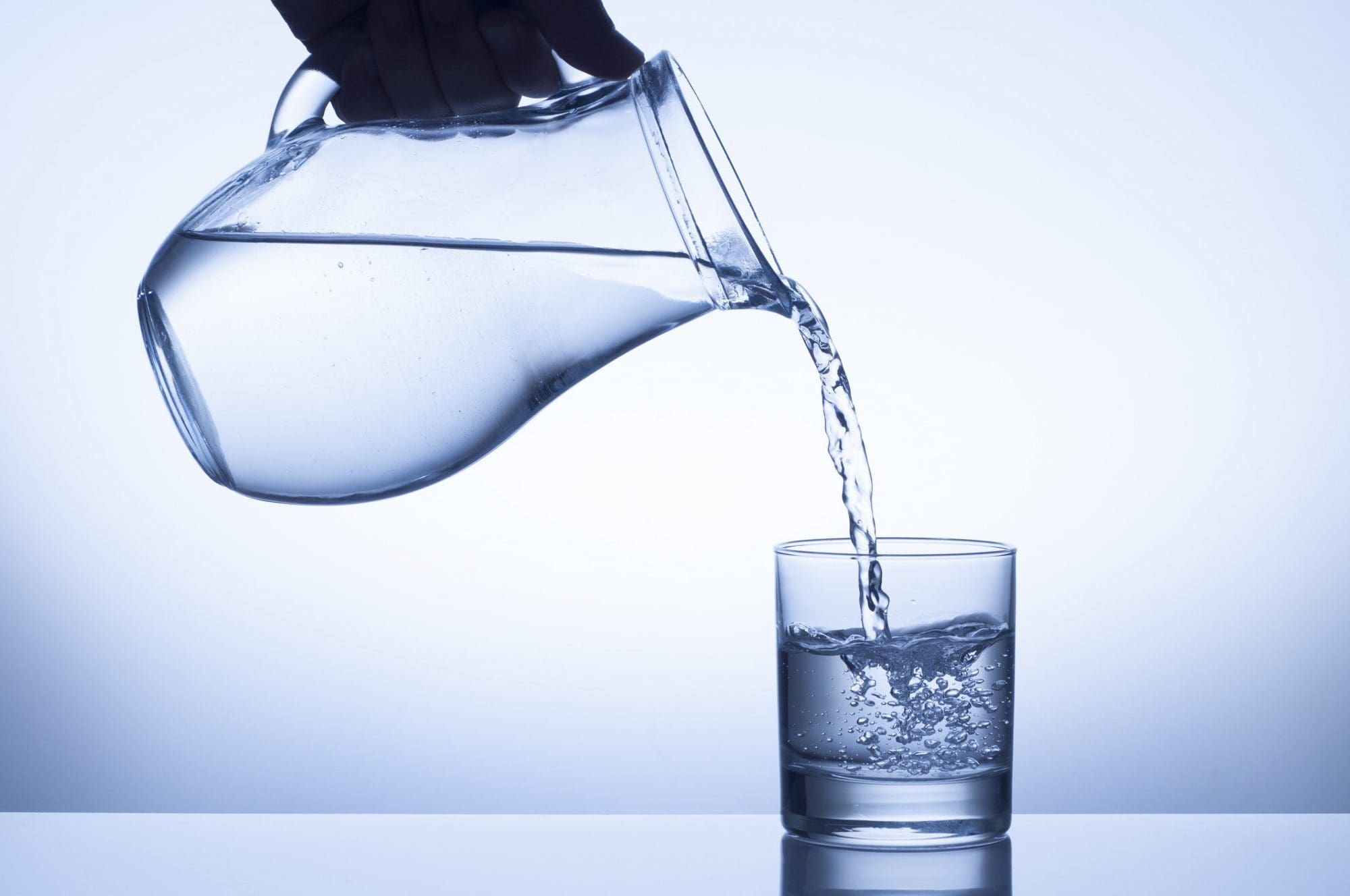 Kidneys are the caregivers of the body. They can often function even when 90% of their functionality has been lost to disease. (1) Sometimes symptoms don’t even appear until just before kidney failure. Other times, they appear long before that stage.
Kidneys are the caregivers of the body. They can often function even when 90% of their functionality has been lost to disease. (1) Sometimes symptoms don’t even appear until just before kidney failure. Other times, they appear long before that stage.
But what are kidneys and why are they so important?
Human kidneys are about five inches long and the shape of kidney beans. They are part of a complicated filtration system in the body. The kidneys in particular process the waste products out of the blood. On a good day, the kidneys filter an average of 200 liters of blood per day and produce one to two liters of urine. Source But they do so much more than that.
The kidneys regulate the body’s sodium, potassium, and calcium levels and have a hand in hormone regulation. They help with the production of red blood cells and they activate vitamin D in our system and help regulate the hormones that control blood pressure. Source With all that hard work, they’re bound to slow down after a while.
What Happens to Kidneys As We Age?
As people age, the amount of tissue in the kidneys decreases. Just like any older filtering system, the amount of filtering units begin to break down. The kidneys filter blood slower than they used to. What does this mean for the long term health of you or your senior loved one?
For many healthy older folks, this should not be too much of a concern. Healthy diet, lots of water intake, exercise, not smoking, and limited over the counter painkillers should provide the kidneys a healthy environment to thrive no matter how slow they go.
But for others, this could be cause for concern.
Check Your Kidneys
For many Americans, the unfortunate reality is that kidney disease does not always show symptoms until it has become chronic. Usually by the time kidney disease hits the chronic stage, waste has already been backlogged and built up in the bloodstream. This is when a person with the disease begins to show signs of sickness. (Source)
There are many causes of kidney disease. The top two are diabetes and high blood pressure. However, it can be caused by any number of things including a pre-existing condition, an autoimmune disease, or consistent obstructions of the kidneys’ filtering systems.
This all sounds concerning, but there are some things you can do to remain proactive. Talk to your doctor if you have any concerns about you or your senior loved one’s health. The doctor will most likely do a simple urine and/or blood analysis to check the kidneys functionality. The National Kidney Foundation has an incredibly helpful list of kidney health tips for talking to your doctor.
If you are not at risk for kidney disease, but simply want to maintain a healthy lifestyle or manage any of the conditions that could lead to kidney disease, there are a few other things you could do to foster a healthy environment for your kidneys.
Keeping Your Kidneys Healthy
- Work Out
- Keep A Healthy Blood Pressure
- Control Blood Sugar
- Eat Healthy (Avoid Excess Sodium!)
- Maintain A Healthy Weight
- Drink Lots of Water (Tea, Coffee, Soda Are Not Substitutes)
- Don’t Smoke
- Limit OTC Drugs
- Check Your Kidneys Regularly

Kidneys are the caregivers of the body. Just like human caregivers, they need a healthy environment to thrive. Thankfully, kidneys can function even when they’ve lost much of their functionality. So the best time to make a doctor’s appointment or make a lifestyle change is right now.
At Home Care provides expert services and peace of mind. Request a free consultation today to get started.


